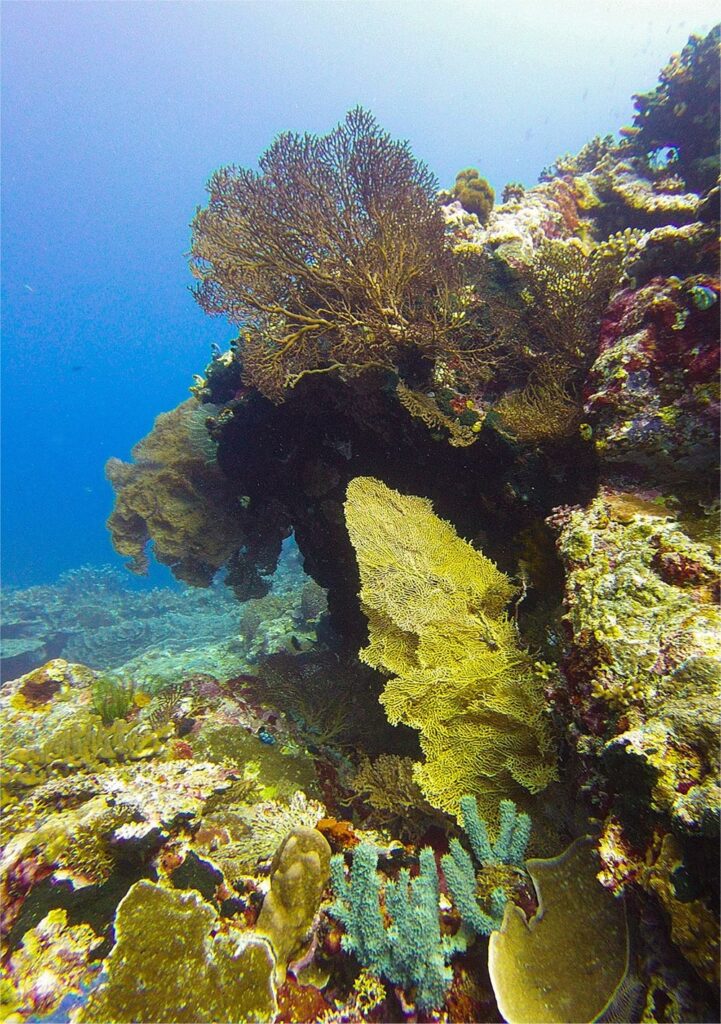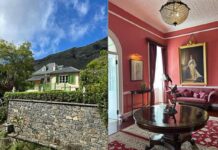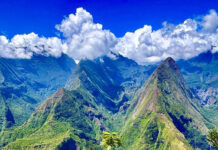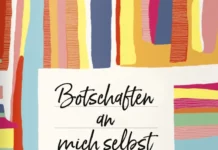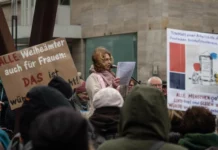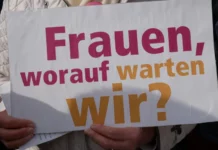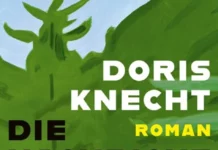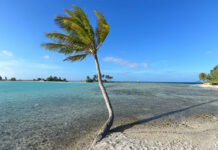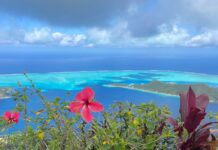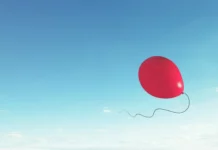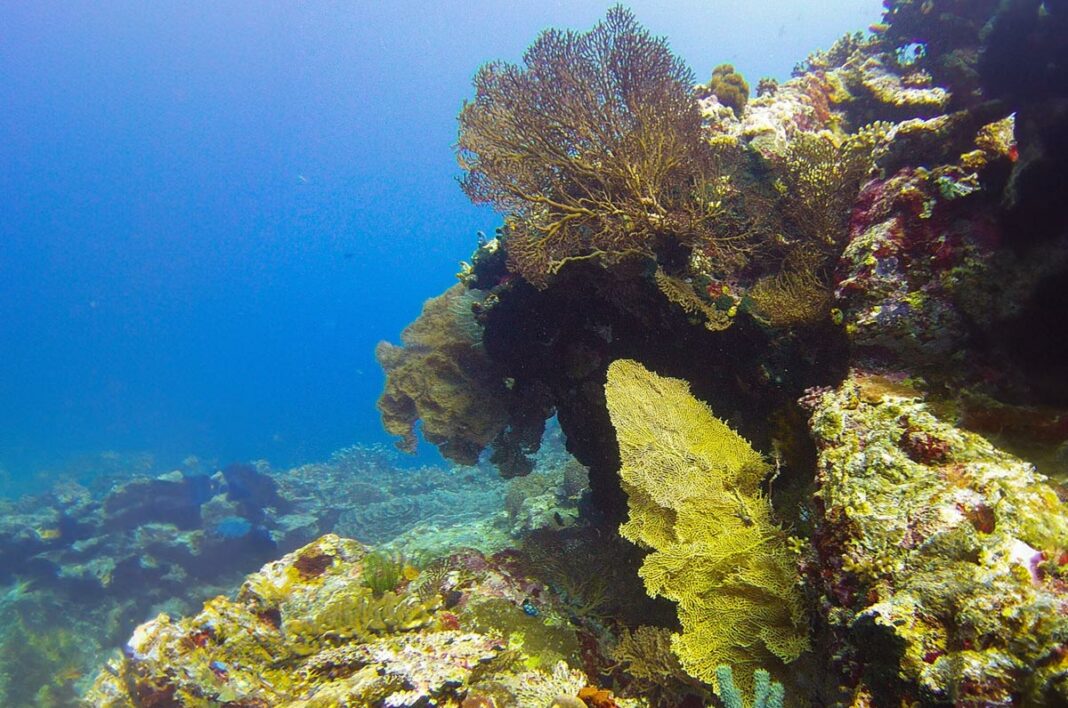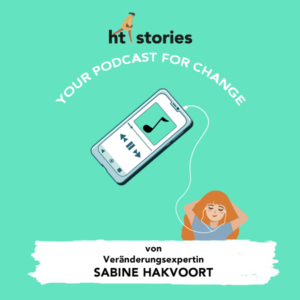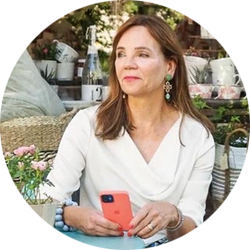I admit it. It was a relief to leave the sweltering heat and extreme humidity of Darwin in northern Australia. We also no longer must worry about saltwater crocodiles, but can enjoy the view of white sandy beaches, tropical forested bays and finally being able to go diving again.
After a night trip we arrive in Tual, the capital of the Kia Islands. We have to go through the customs clearance procedures here on the way to West Papua. In the dark the scene seems romantic, the muezzins` singing sounds from the loudspeakers, the mosques and churches are illuminated, it is the end of Ramadan. The peaceful coexistence of religions in Indonesia is a great blessing that we hope to get to know more closely in everyday life. However, the morning turns out to be less romantic as we swim in the middle of a sea of plastic waste. We haven’t seen any of that yet. We have not experienced the much talked about plastic plague in the Pacific. The disappointment is all the greater in the face of this stinking sadness. After completing the formalities, we can quickly disappear again and drive to Triton Bay, where a different world awaits us.
Triton Bay
There is a marine park here, which the local villagers charge hefty fees for its use. But the sea here is clean and the arrangement seems to be working. In the evening we meet interesting divers who know Indonesia well at the Triton Bay Divers mini-resort. The majority of the travelers come from the USA and have different missions. Some are enjoying their new retirement life; others have created financial freedom and are enjoying a break. The word pensioner still triggers horror. The term retiree is not much better either. Perhaps it would be more appropriate to call them life stage connoisseurs. But that’s what we seem to be dealing with and it’s nice to hear what, who, why and when they are all enjoying.
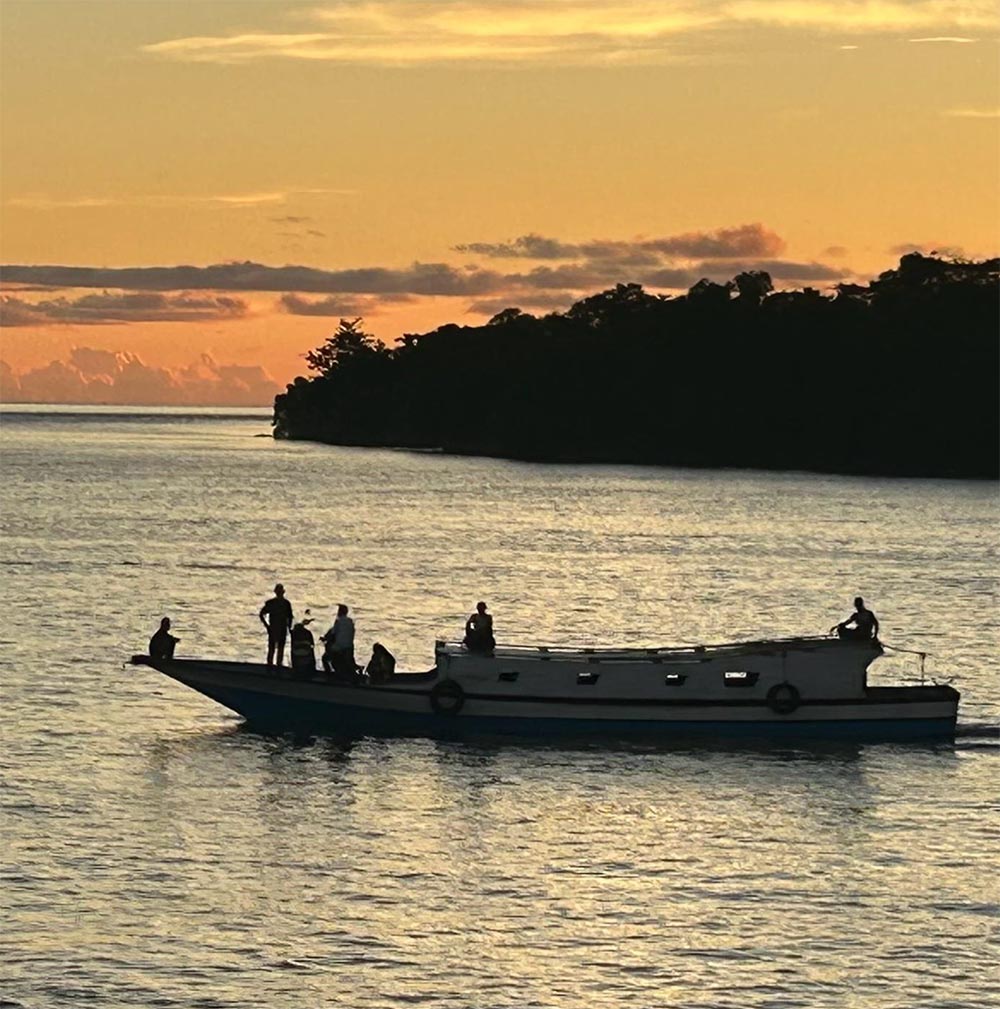
Strengthened with positive thoughts and equipped with lots of new information, we set off straight away the next morning and set off on our first dive that leaves us almost speechless.
Soft corals sway in the current. All fish are three sizes larger than previously seen and the colorful grace of the undersea landscapes are breathtakingly beautiful. Who would have expected this below a rock face on the edge of a bay? It will then get even better. We lay in front of Kaimana, the “capital” of West Papua, to supply ourselves with water and fresh vegetables from the local market.
Diving with whale sharks
We had already heard about the whale sharks. As is often the case, a small tourist attraction for divers has emerged around it. They are lured so people can take photos and swim with them. The peaceful nurse sharks are the largest fish in the world and therefore a big attraction. When we arrive, however, the party is over, the fishermen are busy with the sugar festival at the end of Ramadan and there is no longer a fishing boat to be seen anywhere.
We had already resigned ourselves to our fate when a whale shark suddenly appeared behind our boat. He is curious and opens his mouth in anticipation of feeding. Of necessity we share our fish supplies with him. It seems to work, and he likes it. He circles us and the boat for a whole hour and allows himself to be admired and photographed from all sides. He swims without fear in our immediate vicinity, completely calm and relaxed. We are excited and overwhelmed. The majestic animal has a wide mouth, which looks impressive when it swims right towards you. It can use it to absorb many liters of water and flush small fish and plankton directly into its gills, a clever evolutionary adaptation. In the almost thirty-degree warm water of the western Pacific we can’t get enough of this event.
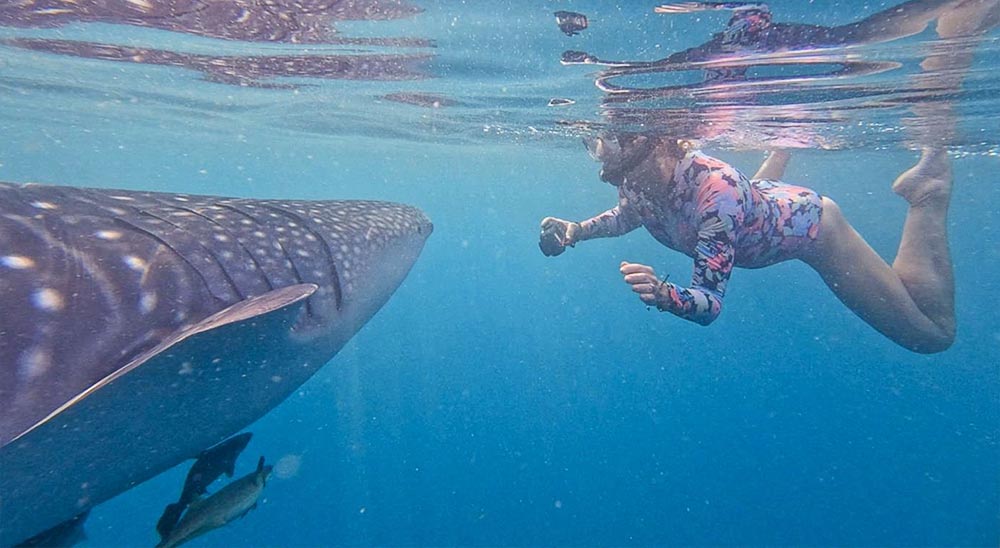
But there is also the local market that we want to look at. Spices, vegetables, and fruits are offered that we have never seen anywhere before. Next to the fish market, the village youth jump from an iron bridge. The closer we get, the wilder the hustle and bustle becomes. Whooping and clapping, they drive themselves to new records and enjoy our attention.
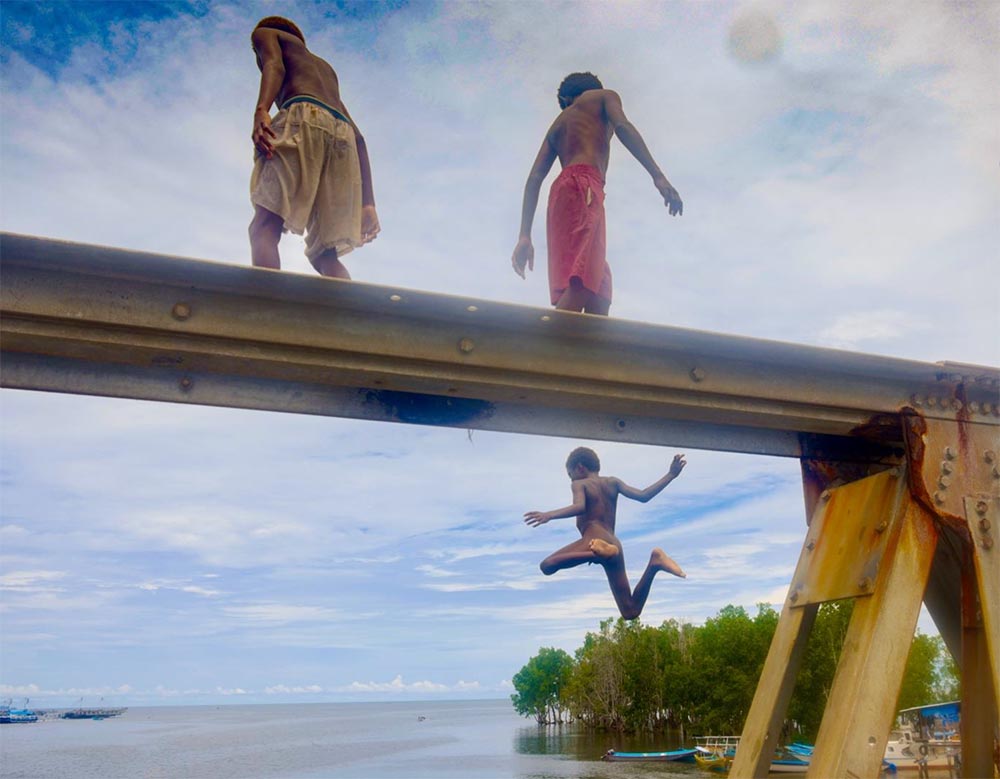
Of course, you could now start an expedition into the tropical forests of Papua, but we have learned to accept that you can’t see everything. Although our time is generous, we are tied to the seasons and weather conditions.
The Banda Islands
So, we continue to the Banda Islands, which read like a dream in the descriptions. Hotly contested by the colonial powers of Holland, Portugal, and England in the 17th century for its nutmegs and cloves, it is now a peaceful Islamic paradise. We won’t be disappointed. Fantastic dives await us with a large variety of corals, an abundance of fish and an incredibly clear view. The golden triangle, which stretches from the Philippines via Papua to Bali, has earned its name.
Banda Neira
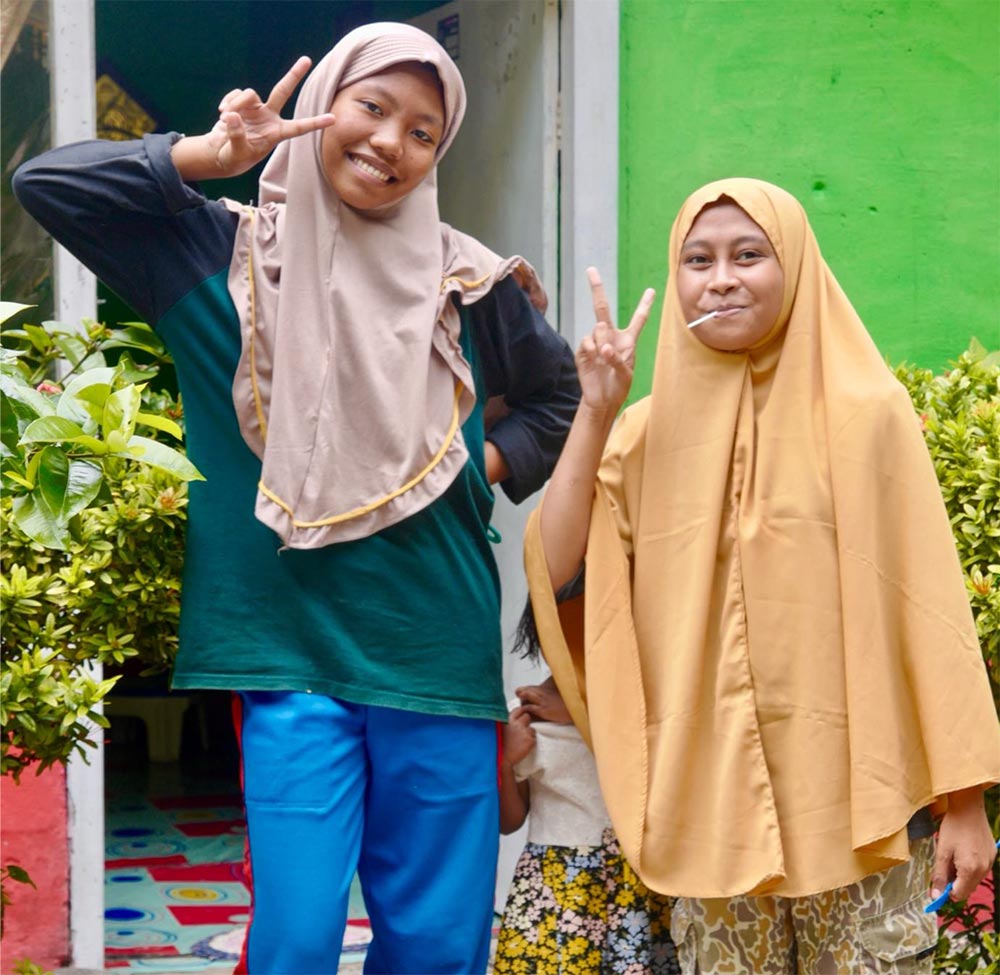
On Banda Neira, the main island, we get to know Abba. He is the busy and enterprising owner of the wonderful guesthouse Cilu Bintang Estate http://cilubintang.com
Abba is a hospitality manager and entrepreneur through and through. He casually organizes moped transfers, delicious lunches that his wife prepares and uses the spices of the islands, which we get to know on a spice tour, it’s a real Abba show in which he also likes to stage himself.
We are guided through the jungle of nutmeg trees. They are harvested every three months. Almond trees, on the other hand, are less productive and difficult to harvest. The ripe almond fruits are not easy to find, and almond trees grow very large. What was completely new to me was that the round rolled cinnamon sticks, that we all know, are made from the dried bark of the cinnamon trees. Everything is also used to make delicious local dishes. In Abba’s wife’s kitchen we also learn how to make eggplants with almond paste and how the tuna balls in the fish soup don’t dissolve and disappear.
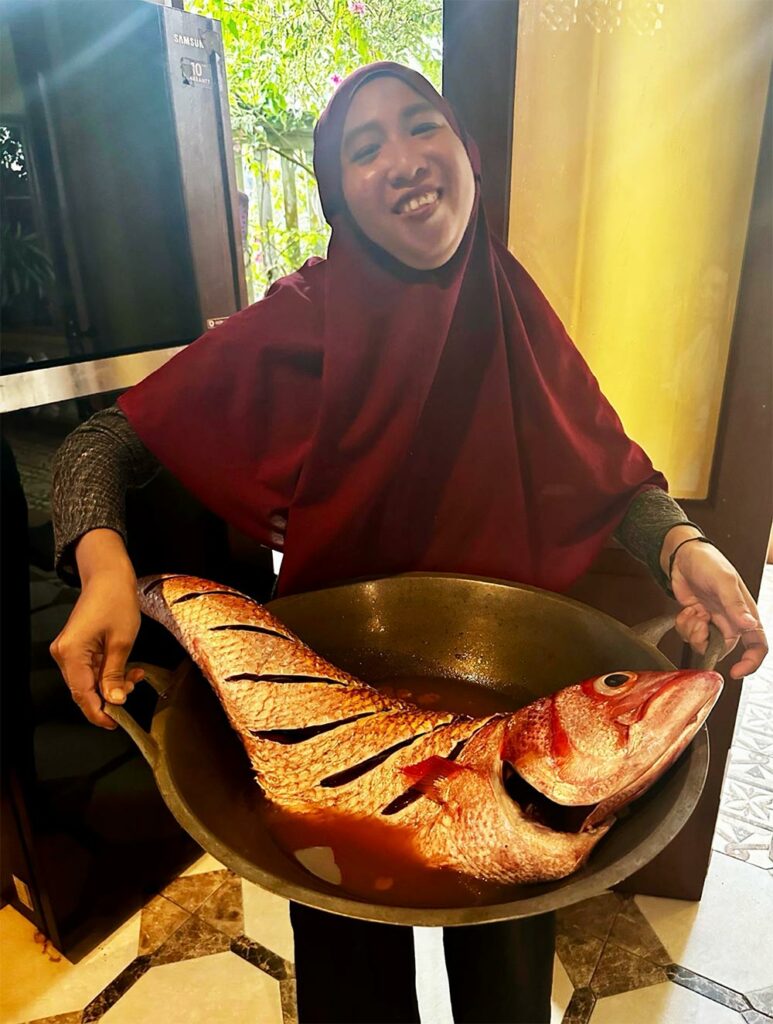
Then comes our rescuer Stefan, who has been running a diving center on the island for 12 years and repairs our defective compressor. In addition, he is also active in environmental protection and the fight against garbage with an NGO (https://www.bandasea.org).
Sea Cleaner in West Papua and the Banda Islands
He tells us about his painstaking work. On the one hand, awareness of the environment must begin on a small scale. The NGO supports three schools in which free water dispensers are set up where students, teachers and parents can help themselves with their cups. He tells us that this project is working very well and that the word has now gotten around that large quantities are cheaper than small plastic bottles. But a lot of education is still needed so that the population sees waste separation and disposal as necessary.
Unspeakable things also float off these magical islands and are carelessly thrown into the sea. There is little coming from the state, where the course for improvements should be set. However, one of the few initiatives where you get money for large amounts of garbage collected seems to be taking hold. The volunteer garbage collectors also must be found and paid, which in turn is done by Stefan’s organization.
We are enthusiastic about his commitment. We have finally found an organization worth supporting where the money goes directly. His wife, a marine biologist with a doctorate from the University of Bochum, is also setting up a marine biology laboratory on the island and is running an exchange program with the university to set up a coral re-breeding station. There’s a lot happening in paradise!
